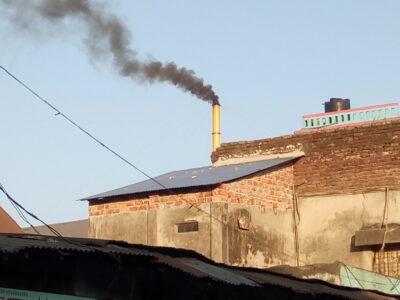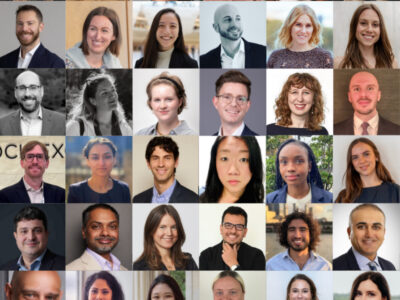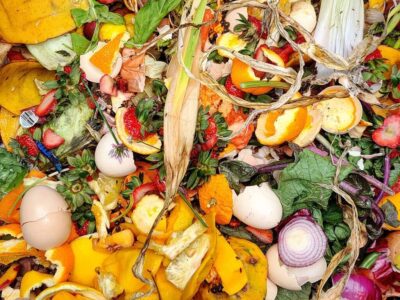
Adjunct professor Rhiannon Gulick works as part of the environment team at DAI, a large international development contractor. Her work blends technical expertise in climate change and natural resource management with hands-on experience developing integrated programming. She currently works across two USAID projects, one focused on integrated natural resource management, where she oversees activity portfolios focused on gender equality and social inclusion and land and resource governance; and the other focused on small enterprise recovery in the West Bank and Gaza, where she serves as an intermittent climate change advisor.
Her previous work has included research and program design for an energy security program in Vietnam and research into clean fuel transitions in Zambia. Gulick is an alumna of Columbia University’s Sustainability Management (SUMA) program, and also holds a BS in Foreign Service from Georgetown University.
What initially motivated you to pursue the field of sustainability?
I’ve worked in international development for about 20 years, and the first part of my career was in business development (writing lots of proposals). Over time, I gravitated more and more toward working with a team that focused specifically on environmental issues. When a job opened up on that team, I moved into a technical role. Just by chance, the day I found out about the job, I also found out that I had been accepted into the SUMA program!
What drew you to the Columbia Climate School/SPS?
I’m an alumna of the SUMA program. I initially was looking for a program that was tailored to working professionals — I needed to find evening classes — and also wanted a program that was flexible, and would allow me to focus in on areas that were relevant to my career specifically. Coming back, I’m excited to be part of this faculty — I had some amazing professors. I’m also really interested to see how the Climate School grows and evolves.
What course will you be teaching this fall and what excites you most about it?
I’ll be co-teaching a section of Energy and Sustainable Development this fall. It is a class I took as a student, and I think one of the most exciting things about the class is that it’s about energy, but really it’s about how to think about sustainable development and how to ask good questions. Good questions are the foundation, I think, of good programs.
What changes do you hope to see in the field of sustainability in the future?
I hope that we’ll see more of a move toward integrated programming. I think it is so much more interesting and effective when we can develop programs that look at how to consider sustainable resource use, livelihoods, climate resilience, energy… all as part of a whole, not as siloes that compete for resources.
What advice do you have for students pursuing a career in sustainability?
There are a lot of different facets to sustainability — from corporate initiatives to working on the ground with forest communities, from being someone who loves the big picture to being a data wonk. I think figuring out which parts really speak to you can help narrow down your options. And don’t be afraid of taking the “hard” science and quantitative courses; they will absolutely come in handy in the long run.



